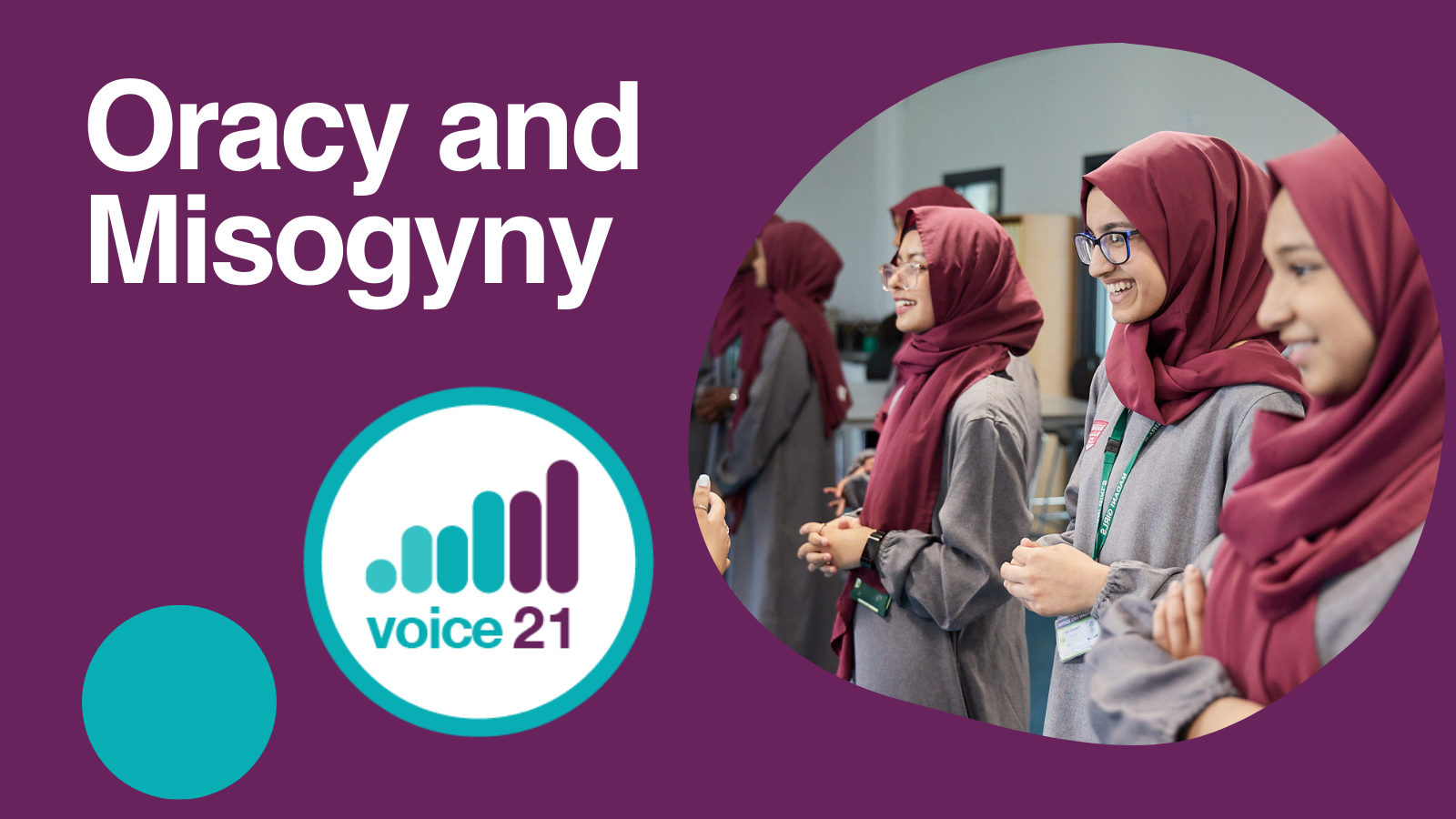
Teachers are widely reporting a disturbing rise in misogynistic attitudes and behaviour in schools. Andrew Tate’s influence, as a high-profile symbol of toxic masculinity, is cited as a significant factor by educators, such as Assistant Head, Helen Hinde from Meols Cop High School and Mark Roberts, Director of Research at Carrickfergus Grammar School writing in TES. Sadly, this isn’t a new trend – the NEU and UK Feminista’s 2017 study found that a quarter of all secondary school teachers and over a third of primary school teachers witness gender stereotyping in their schools on a daily basis. 66% of female students and 37% of male students in mixed-sex sixth forms have experienced or witnessed the use of sexist language in schools.
As a society, it’s easy to hope that by squashing it, shutting it down, or ignoring offensive language and sexist attitudes, they will disappear; that Tate and influencers of his like are fringe voices and their allure will wane; that boys will grow out of it as young adults; or this behaviour will be disciplined at home by parents or carers.
However, if you believe, as Voice 21 do, that education has a fundamental role in helping young people find their voice and feel confident articulating their ideas – what do we do when they express views that we don’t agree with, that unsettle or offend us, or directly threaten the safety and well-being of our communities in school and society? What do we do when an education sector that is predominantly female (75.5% of the teaching workforce in England) is confronted with increasing sexism?
How can teachers approach it? One option is to enforce a no-tolerance policy explicitly telling young boys that their language use or a particular attitude expressed is wrong. The danger in silencing students in this way is not only that boys feel targeted, reinforcing ideas that people like Tate have been ‘cancelled’ by teachers, but it also lets these views go unchecked and misses an opportunity to unearth and challenge the root causes of such beliefs and the wider societal inequalities at play.
Although teachers may want to tackle misogynistic language they hear in school, they may feel unsure how best to address the underlying causes of these beliefs. Oracy education could be at the forefront of creating a kinder, more inclusive and equitable society. However, teachers need to be equipped with the tools to feel confident introducing and managing discussions with their students on contentious and complex issues.
By creating safe forums for boys to share their opinions and be listened to thoughtfully, there is a unique opportunity to deconstruct misogynistic views together. When done well, dialogue in school demonstrates to students that every voice matters, that everyone has an equal right to speak and be heard, and that everyone is respected and valued. These principles are the foundation of democratic society and equip us to challenge hate speech and discrimination in any form. As Robin Alexander writes “Among the promises of dialogic teaching is that it distributes classroom talk more equitably, first between teachers and students collectively, then among students themselves; and that this redistribution will contribute to the larger cause of reducing social inequality.”
What do teachers need to do this effectively? To be able to have constructive and meaningful discussions about difficult topics, we encourage teachers to use our discussion guidelines. These help to establish ground rules for talk, outline the hallmarks of an effective discussion and can be co-created with students. Ours include the importance of respecting each others’ ideas and celebrating being prepared to change your mind after careful listening to other viewpoints.
Talk tactics provide students with specific roles in a discussion and ways to interact with each other’s ideas. After explicitly teaching students how to play each role, they can be encouraged to play a number of different ones in a discussion. The roles of challenger (responsible for disagreeing with an idea or presenting an alternative argument) and prober (responsible for digging deeper into an argument or asking for evidence to justify ideas) are particularly powerful. They help create a classroom culture where misconceptions are addressed and challenge is valued because it leads to us seeing something differently and broadens our own understanding.
A whole-school oracy approach will not only amplify the impact and create a school culture where every voice is valued but also support classroom teachers and wider school staff to confidently implement these approaches. And the outcome? Our evidence shows that a whole-school approach helps teachers feel confident facilitating discussions about complex and contentious topics that address the underlying causes and deconstruct language use; that all students feel safe and empowered to express themselves; and that our school communities reflect the equitable society we strive for. We hear this directly from students in Voice 21 Oracy Schools, which you can read below.
© 2024 Voice 21. Voice 21 is a registered charity in England and Wales. Charity number 1152672 | Company no. 08165798